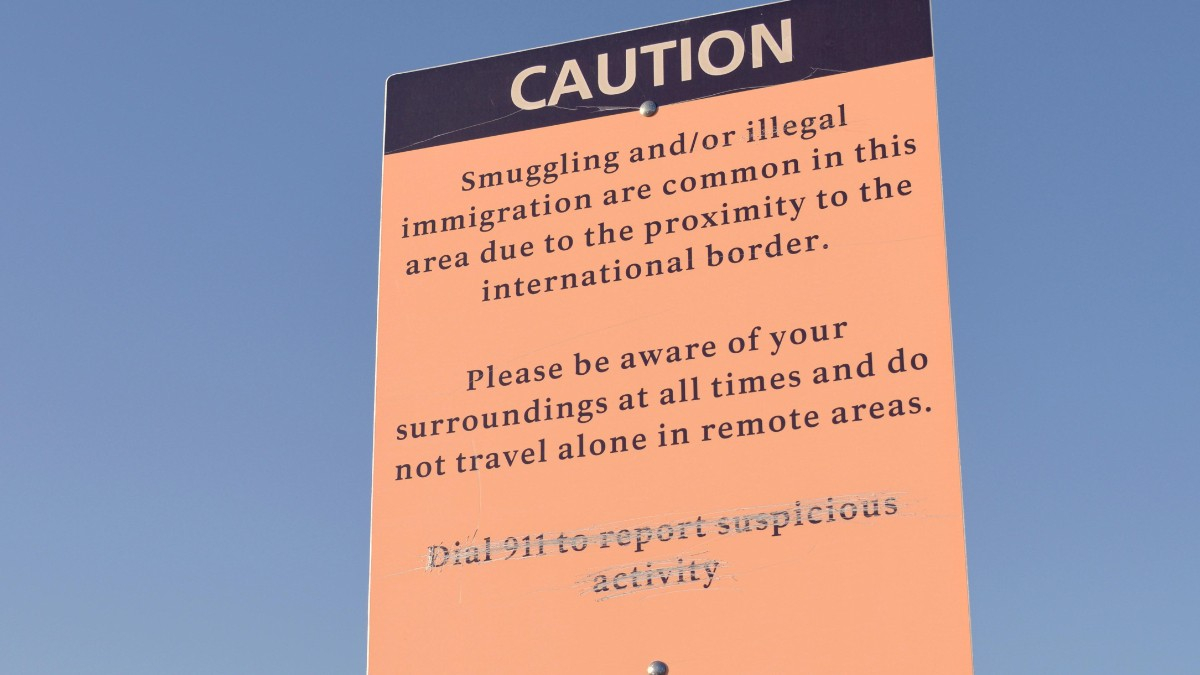Following Donald Trump’s win in the 2024 presidential election, he has pledged to carry out a mass deportation policy that he says will be the largest in U.S. history. The program should reach a substantial amount of undocumented immigrants who have crossed into the country under the recent rules devised by the Biden administration. Understanding what the entity to be affected by these deportations will help ascertain implications of the entire immigration agenda by Trump.
Overview of Trump’s deportation plans
But Trump’s administration has been chafing for an aggressive approach to immigration enforcement, appealing for a “strong and formidable border.” He says he does believe in lawful immigration, but that those who came into the country illegally have to be punished for it. Among his pledges are the deportations of hundreds of thousands of undocumented immigrants, mainly those identified as threats to national security or public safety-for example, criminals or people with final deportation orders.
Precise overall number of immigrants who could be affected by these plans is not clear but may run to several hundred thousand. The Trump transition team is considering ending the programs which have granted entry to more than 1.3 million immigrants legally present in the United States and may leave many of those subject to deportation if they do not apply for asylum status.
Target groups for deportation
The most targeted groups who probably will face deportation due to the mass deportation efforts of Trump include:
- Undocumented immigrants with criminal records: The undocumented immigrants who have been convicted on various grounds of crime, have much probability to top the list as far as removal priorities are concerned. Trump stated that public safety is the number one priority and actions concerning the aforementioned will be immediate.
- New arrivals under Biden’s programs: Many who entered the country through programs such as the CBP One app and the CHNV Parole Program stand to be in jeopardy should they not have secured either legal status or asylum by now. These were designed as a lawful path for migrants, but would be torn down under Trump’s term.
- Chinese nationals of military age: Chinese nationals in the country illegally may be considered national security risks, particularly those of military age, and could be slated for deportation.
- People with pending asylum applications: Those who arrived legally but have not yet been granted asylum also run the risk of deportation in case their applications were rejected or if they did not meet any new legal standard set by Trump’s administration.
Legal and social implications
The specter of mass deportations presents challenging legal issues and sensitive social concerns. Already, advocacy groups such as the ACLU and LULAC are preparing for legal battles against such hard-nosed immigration policies. They added that most immigrants targeted for deportation had valid reasons for residing in the U.S., such as family ties and contributions to their respective communities.
This could raise legal complications with regard to those who entered through proper legal channels but are now, in effect, in jeopardy owing to the changing policies. The ACLU has stated its position that it would oppose the use of military personnel for the purpose of effecting illegal deportations and would also attempt to prevent the separations of families from taking place.
Mass deportations: The economic impact
The economic consequences of mass deportations could be very radical. According to studies, removal of several million undocumented immigrants from the labor market may cause disruptive effects not only in the communities but also in the local economies. Immigrants do essential functions related to agriculture, construction, and services-sectors where labor shortages are already a fact.
One broad-based study estimated that every undocumented immigrant pays a substantial amount in tax revenues over the course of a lifetime. Therefore, mass deportations could result in decreased tax revenues, coupled with increased enforcement-related costs, which are conservatively estimated to require hundreds of billions in federal spending.
Community responses
Immigrant communities nationwide are mustering resources and support networks in preparation for the worst-case scenario: mass deportations. Faith-based organizations and local advocacy groups promised to try to create a support system of legal and emotional support for those who will be affected. Community leaders in immigrant-heavy states, like California and New York City, have tried to reassure residents that they are not in immediate danger from the federal enforcement.
The Los Angeles Mayor Karen Bass told CNN in quote: “The immigrant community is the heart of our city and in the face of threats and fear, Los Angeles will stand together. No one should live in fear due to their immigration status. We will continue to support local and state policies that protect immigrants and provide vital resources.”
Read more: Who may form Donald Trump’s cabinet for the next four years? These are the MAGA leader’s possible candidates after the US Election
Read more: Marijuana election results in four states on Nov. 5 – These are the places where marijuana has been approved for use
